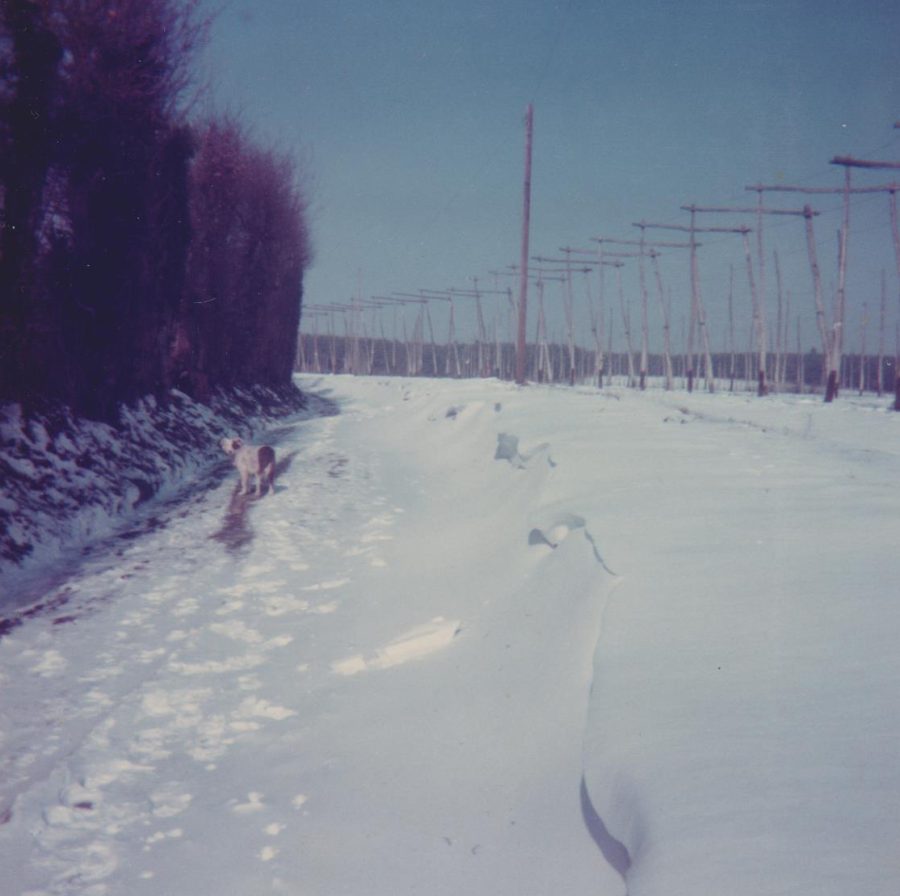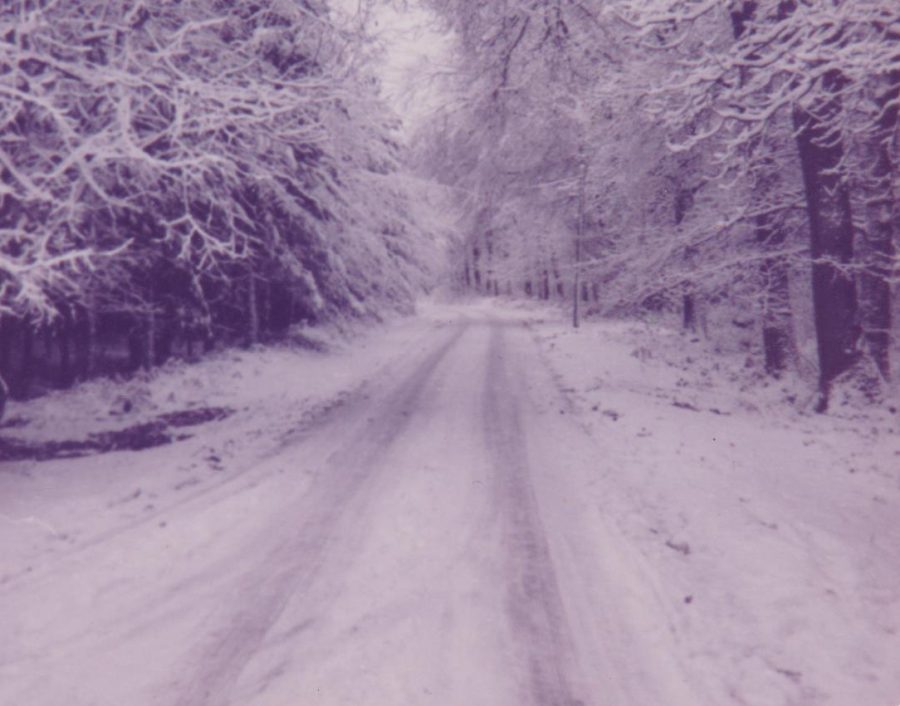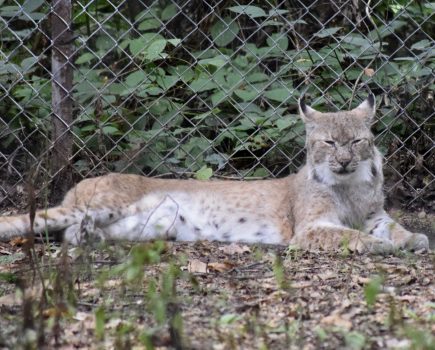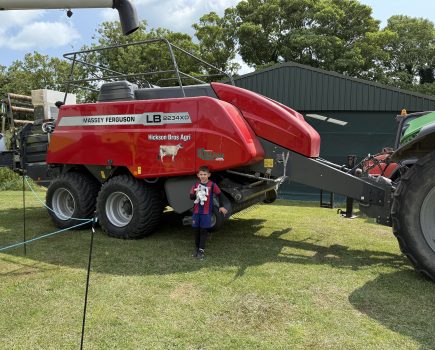By Declan Hughes, founder of the Irish Veterans military history charity.
In the 1980s there was no after-dark lighting in Bedgebury Forest, in Kent. Returning home alone from the pub following an evening’s socialising might lead to certain minor trepidations, with only your imagination to give you ‘the willies’!
The main road from Hartley’s Duke of Kent pub (no longer, sadly), to the Bedgebury turn-off would be the easy bit in normal circumstances, and was a well-trodden path for generations of hop pickers. In my time there would have been a tractor and trailer at this juncture to ferry the revellers safely back through the forest to the farmhouse. However, in deep winter – long past September – this ‘perk’ was well and truly in the memory.
My eyes, which were never the best, always just about managed to make out the tarmac ribbon that would get me to the venerable old oak at the turn-off to the farm track. With my caravan not too far along this well-trodden lane, I could concentrate on allowing the adrenalin to leave my body, which is what a pitch black forest on a winter’s night will always engender.
This particular night, however, I got it wrong. Having entered at the other side of the forest – the Goudhurst side – I was not coming from the warm embrace of the ‘Duke’, and I greatly underestimated the cloak of heavy snow that lay, as tradition dictates, “deep and crisp and even”. Yes, it was that time of year, and somewhat before concerns about global warming.
The further into the black and white landscape I ventured, the faster my navigational skills deserted me, and within an alarmingly short space of time I had little idea where I was. The tarmac was white with deep snow, while the forest on either side was very dark black, with occasional slivers of ‘shivelight’ flashing and tempting me in.
The weather was colder than my jacket repelled, and again I was far from dressed for the occasion. I had that ominous feeling when the realisation dawned that I was beginning to shiver from my core. Luckily I had the sense to keep moving, even if I didn’t know where I was going.
Then, I saw it; a flash of light that was holding steady through the trees. ‘Shivelight’ I could discount, as the natural phenomenon I’d heard of from older landworkers. The popular British lexicographer, Susie Dent, explains it as something seen “…in a dense forest, looking up at the canopy of trees above… you might see a lance of light shining through the leaves…”.
In truth, the Poet Gerard Manley Hopkins (born 1844 in London and, interestingly, died in Dublin in 1889, where he is buried in Glasnevin Cemetery), was earlier responsible for rescuing the old 13th century word shive, meaning a thin slice from a larger piece (think shave). However, Olde English lexicography did not concern me this night, and the quintessential ‘stiff upper lip’ I’d developed was nature’s way of telling me to shift my butt, pronto. The light I’d spotted was, admittedly, some way off, but definitely man-made and probably an outside light.
I entered the forest proper and headed cross-country straight towards it. Branches took wild swipes at my head, while snow conspired to jump down my back. My task at hand was survival, and step-by-step the light got brighter and closer, until my feet landed on solid ground. More importantly, the Land Rover I now stood beside declared itself to be a Forestry Commission vehicle.
I had emerged at a forest ranger’s house, and was never more pleased to see a door open. Yes, it was embarrassing to explain that I lived in Bedgebury but had no idea where I was, but I could either die from the threat of hypothermia or survive a little embarrassment. This human St Bernard, who had heard it all before, simply fetched his keys – alas, no keg of brandy.
Before I knew it, I’d been dropped at my door. My ever-faithful dog, Leah, welcomed me home with a look of: “What time do you call this?” And the lesson learned is that the best cautionary tale is the one you can recount years later…

Tanyard Farm in 1984







